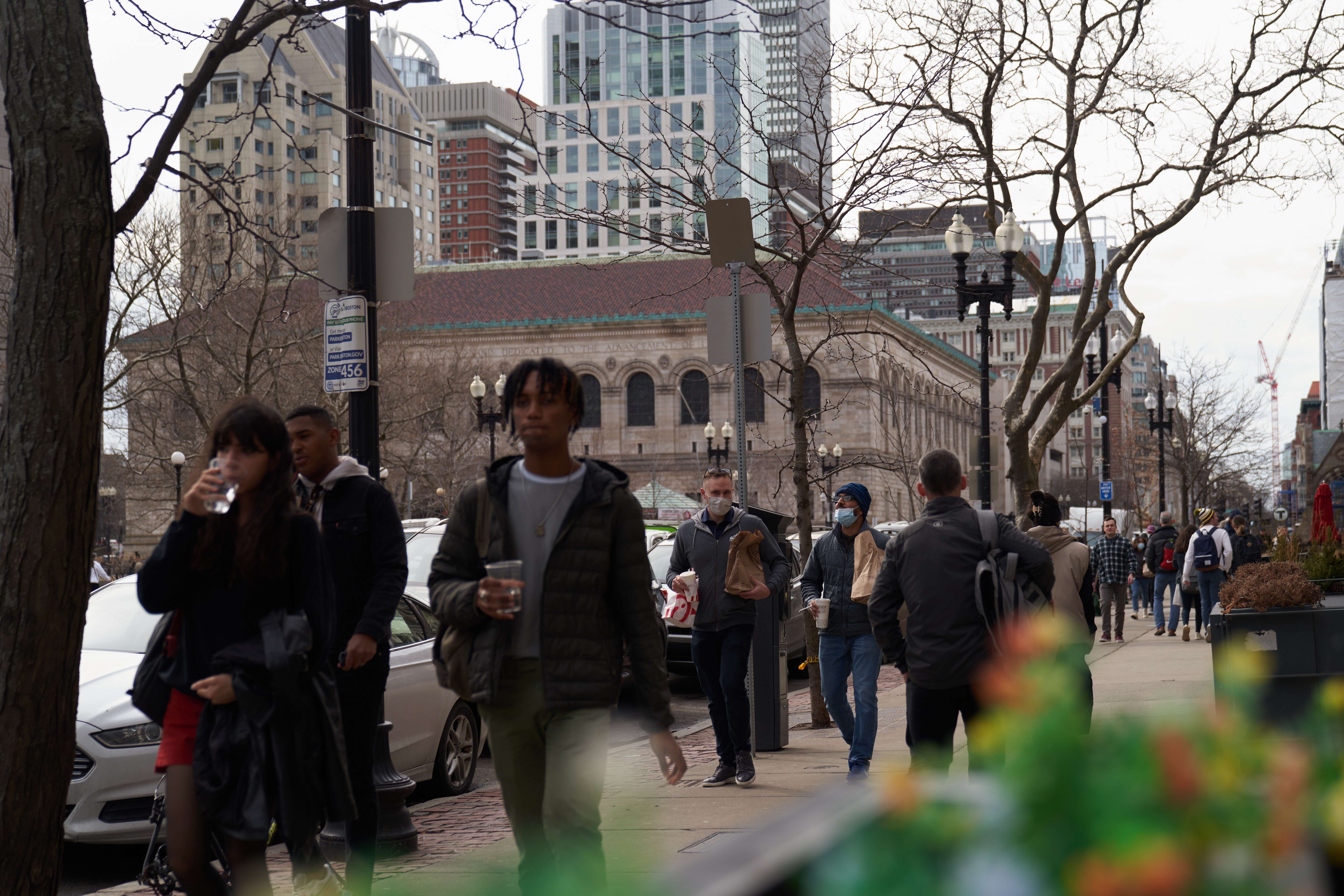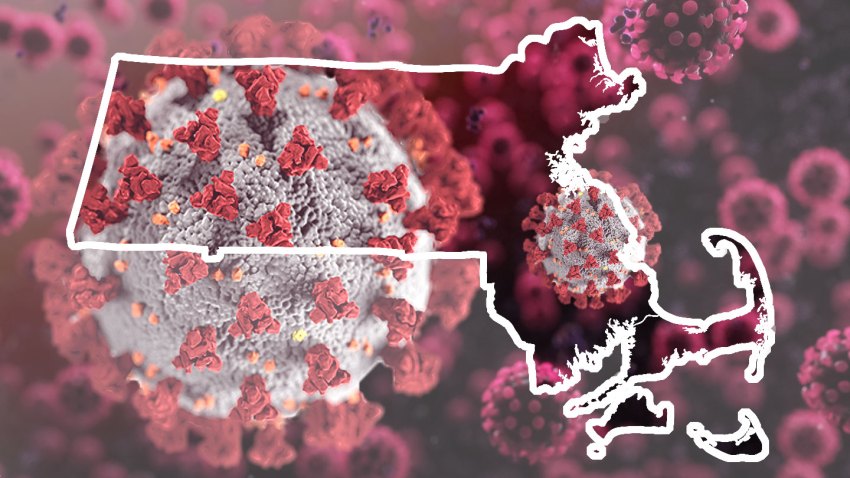COVID-19 cases continue to rise in Massachusetts, with half of the state now considered high risk for community transmission, according to Centers for Disease Control and Prevention data. And last week's numbers also showed cases in schools doubled over the previous 7-day period.
Some schools in areas where transmission is high have already made the decision to recommend that students and staff start wearing masks again. The Department of Elementary and Secondary Education dropped their mandate earlier this year.
WATCH ANYTIME FOR FREE
>Stream NBC10 Boston news for free, 24/7, wherever you are. |
With school about a month away from wrapping up for the year, does it make sense to start asking kids and teachers to resume wearing face coverings to keep the spread from becoming a full blown fifth wave?
We posed that question to three top Boston doctors in this week's "COVID Q&A" series. Here's what they had to say:
Get updates on what's happening in Boston to your inbox. Sign up for our >News Headlines newsletter.
Should masks be brought back in schools in high risk communities?
"So what we've learned during this pandemic is that in person learning is critically important," Dr. Sabrina Assoumou of Boston Medical Center said. "It is critically important to make sure that we're going to create schools are safe and spaces are safe so that our kids can be in person."
For the most part, vaccines, testing and masking have helped limit community spread. But she said there still may be times when cases are high where we need to use all of the strategies at our disposal, including masks.
"So the point is at times where cases are high, we should be using all the tools that we know actually work," she said.
Dr. Shira Doron of Tufts Medical Center said masking is one of several options that should be considered when community transmission is high. But it shouldn't be the only one.
"So I think we really do have a good understanding today much more than in previous times about what layer mitigation strategies work," she said. "I think that we also are at a time when we need to kind of weigh the risks and benefits of some of those strategies, keeping in mind that, at least in my opinion, getting COVID-19 is inevitable and everybody will ultimately get it."
"People have very different opinions," Doron added. "Families, I guess I'll say, have very different opinions about the relative risks and benefits of avoiding COVID-19 versus having more normalcy, you know, for their child and in that child's life and in that child's school experience. And so I think it's really important that we properly communicate when cases are high and when risk is higher. I think it's really important that we properly communicate how people can and should protect themselves, how they should access high quality masks and make those actually available at no cost to people. That's something I'd like to see done."
Other options, including restricting parent access to school when cases are high, should also be looked at, she said.
Dr. Daniel Kuritzkes of Brigham and Women's Hospital said it's "really encouraging" to see that masking, social distancing and staying home from school when you're sick has helped to limit community spread in schools. He said he thinks masking makes sense if it helps keep cases down.
"I just don't get the concept that wearing a mask is some enormous burden that we're imposing on children and on teachers. And I think you could use a this layered approach where everybody gets masks," he said. "If you're going to be doing activities where you can't be masked, you could consider adding testing as an adjunct so that you could still have band or chorus or drama where you don't want to be masked but that you have voluntary testing to in order to participate to maximize protection."
Should DESE enact a mask mandate for high risk communities?
"Yes," Assoumou said. "The reason why I would say yes is, how do you you convey to people that cases are high? Not everyone has access to the Massachusetts dashboard and knows where to find it. Not everyone knows that the case positivity rate in Boston right now is 10%. But how the public health community actually conveys to the public that no there's a lot of COVID out there and you should be wearing a mask is by communicating guidance so that the general public actually knows what to do. And even if you look at the CDC's community levels map, according to that map you should be increasing the layering and the masking right now to no public settings. So yes, I think that providing guidance to the public is critically important."
Doron seemed less convinced that a mask mandate is needed, noting that there has been no real data showing a major difference in COVID spread among mask-mandated versus non-mandated schools.
"I would say that communication needs to be better about how much COVID is out there and that even the current CDC framework is inadequate at conveying that information," she said.
"I'll split the difference," Kuritzkes added. "I would say that I think the state should provide clear guidance to communities for individual communities to make decisions based on a state framework that at certain thresholds, it becomes important to reinstitute masks and other measures. I think we've learned through bitter experience that allowing more local choice and advocacy rather than mandating across an entire political entity like the state makes it more likely that people will go along with the recommendations rather than choosing to fight over them."



